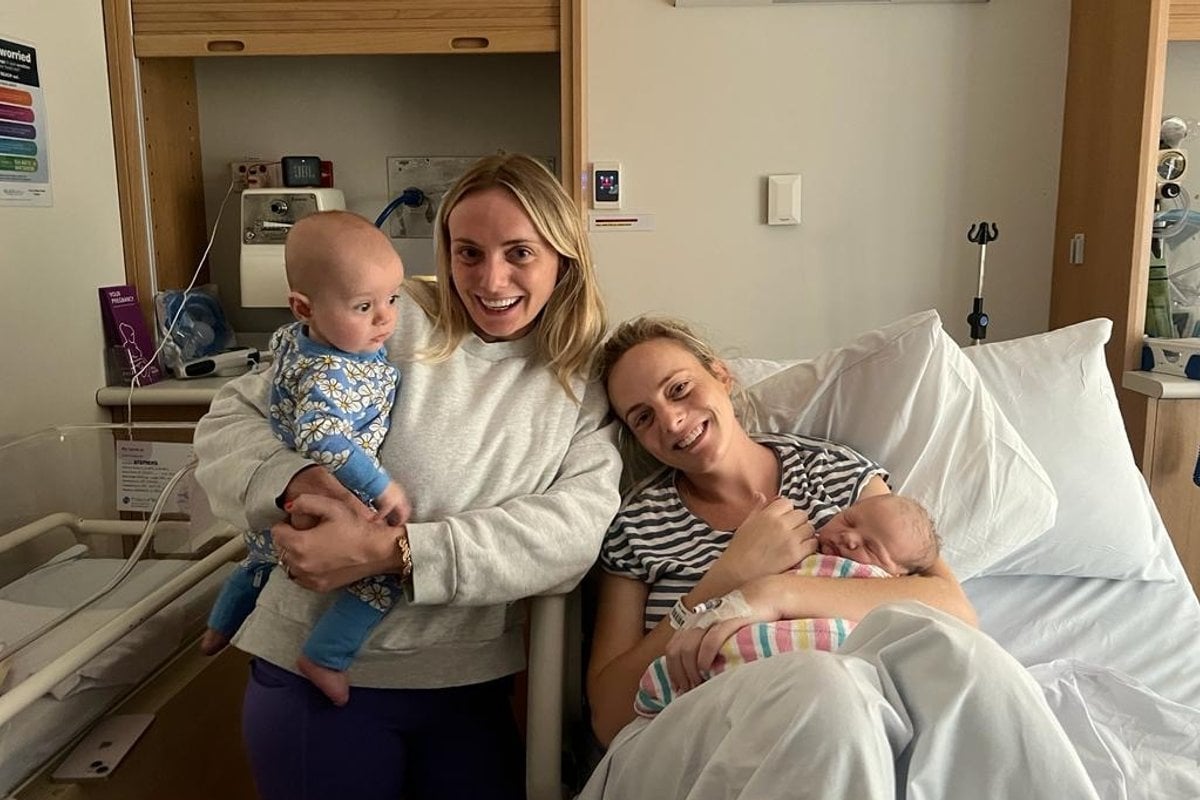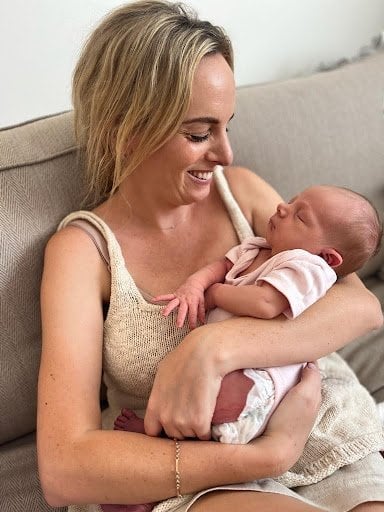
I vividly remember being a little girl and being afraid of childbirth.
I’m not sure if it was the dramatised depictions on television that did it, scenes of primal screams and unbridled panic, where the women sweat and moan and the men watch on with haunted, pale faces. Or perhaps it was a story I saw once on Oprah, about a doctor who treated women in Africa with childbirth injuries so severe they leaked urine and faeces. Or maybe it was the tiny details I’d pieced together from the women around me, whose fleeting accounts involved stitches and blood and vomiting and body parts being not where they should be.
But the fear also seemed to come from somewhere deeper. A fundamental understanding that the experience of giving birth — the labour, the delivery, the intervention — is the only time in human life where your body is, by definition, not entirely your own. It’s unlike anything else because there’s a profound lack of control, but also an intrinsic willingness to sacrifice your own body, your own dignity, for the person you’re birthing.
Then I was 32, and I got pregnant, and I decided I would not be having a traumatic birth. I would do everything ‘right,’ if there was such a thing. I have a degree in psychology and I know about trauma and there are risk factors and protective factors and I would simply be following all the rules to ensure nothing bad happened.
I read books on calm birth and hypnobirthing. I made a conscious effort to avoid fear and negativity. If you had a scary birth story, I didn’t want to hear it. I focused on the idea that we can reframe what birth looks like and feels like because fear is fundamentally counterproductive during labour. Our bodies, the philosophy goes, know what they’re doing. They know how to do this. There is nothing to be afraid of.



Top Comments